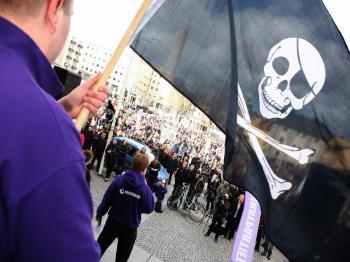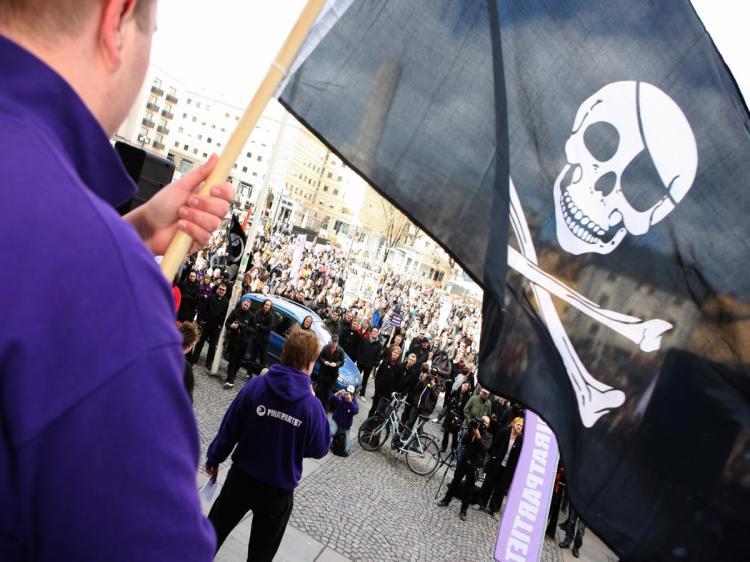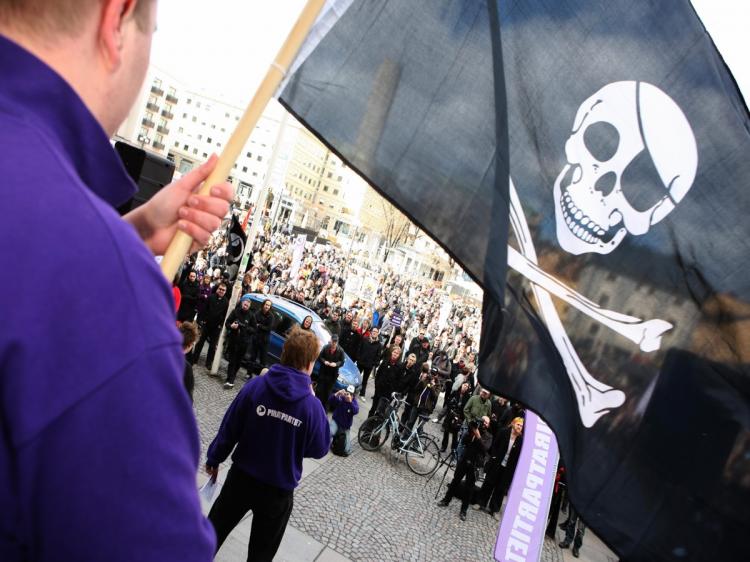Internet piracy is costing billions in lost revenue and hundreds of thousands of jobs in the European Union, according to a study published this week by independent Paris-based TERA Consultants, commissioned by the International Chamber of Commerce.
The study, entitled “Building a Digital Economy: The Importance of Saving Jobs in the EU’s Creative Industries,” looked at piracy in Europe’s music, film, television, and software industries and concluded that up to $327 billion and 1 million jobs in the EU could be lost over the next five years.
The biggest piracy culprits were identified as individuals who illegally download film, TV series, recorded music, and software using “peer-to-peer” services.
Figures in the report show that in 2008 alone, entertainment and multimedia industries earned $1.17 trillion but lost $13.6 billion to piracy. In the same year the industry employed 14.4 million people—accounting for 6.5 percent of the European workforce—while 186,000 jobs were lost. The study says that if this trend continues to develop, nearly 1.2 million jobs and $327 billion might be swallowed by 2015.
“In the near future and even today in 2010, we observe increasing bandwidth, increasing penetration rate in terms of the Internet,” said TERA Consultants’ Patrice Geoffron in a statement.
William Maunier, president of the European Region of UNI Global Union-Media Entertainment & Arts warned that the growth of unauthorized file-sharing, downloading, and streaming of copyrighted works and recorded performances is a major threat to the creative industries in terms of loss of employment and revenues.
“UNI-MEI is concerned that creative industries, as they suffer larger and larger loss of revenues, will in turn be forced to reduce their investment in the production of creative content and with that vanishes work opportunities for creators, technicians, and all other workers now and permanently into the future.”
Maunier says he wants European authorities to adopt Internet policies to “better protect creative content against unauthorized file-sharing of protected works and performances.”
According to Agnete Haaland, president of the International Actors’ Federation, and involved in the research consumers need to realize how their actions damage the economy and society.
“Consumers have to understand that there will be nothing to consume if it’s impossible to make money making the content,” she told Reuters.
Haaland proposes that EU legislators impose stricter regulations to intellectual piracy. She urged members of European Parliament to support the efforts of their colleague Marielle Gallo and to reject all amendments that try to legalize file-sharing or negate piracy as a problem.
Marielle Gallo, a member of the European Parliament and the Parliament’s rapporteur on piracy issues, says that despite the conclusion of the International Chamber of Commerce report, it is difficult to pass more stringent rules because of opposition of several parliamentary groups.
Piracy defenders
Defenders of Internet piracy see the issue as a matter of principle, not wanting to give their money to wealthy international corporations.
Last April, four principles of Piracy Bay, one of the biggest peer-to-peer file-sharing Web sites, were found guilty of piracy in Sweden. Each was sentenced to a year in jail and they were fined a combined total of $3.6 million.
“We shall go on to the end. ... We shall fight with growing confidence and growing strength in the air, we shall defend our Internets, whatever the cost may be,” writes the Piracy Bay crew on their Web site before the 13-day trial.
In a recent teleconference, Peter Sunde, Piracy Bay co-founder, vowed to keep appealing the decision.
“There’s no question we’re going to win the appeal,” he boasted. “And if we don’t win the appeal, there’s another appeal and another appeal,” reported Billboard.biz.
“Nobody’s going to pay anything,” said Sunde regarding the fine. “There’s no money to pay. Nobody’s interested in giving money to big corporations that are just greedy and stupid.”







